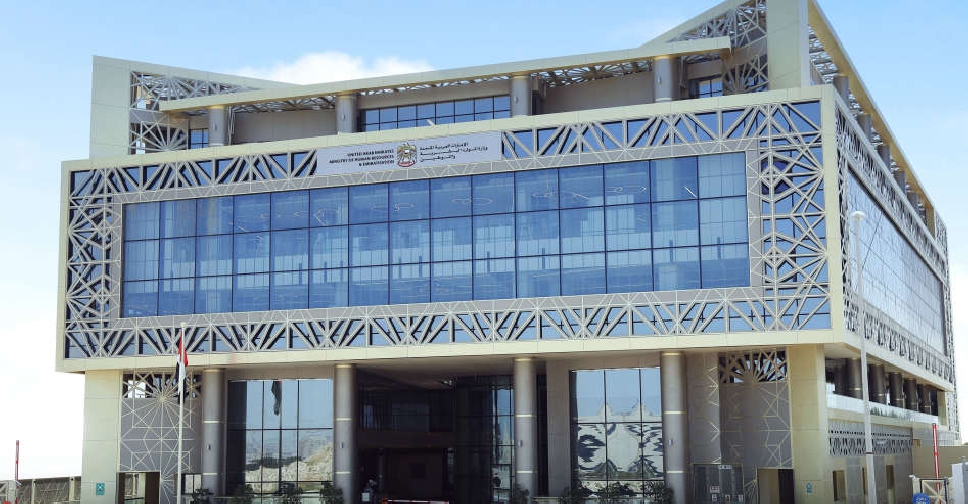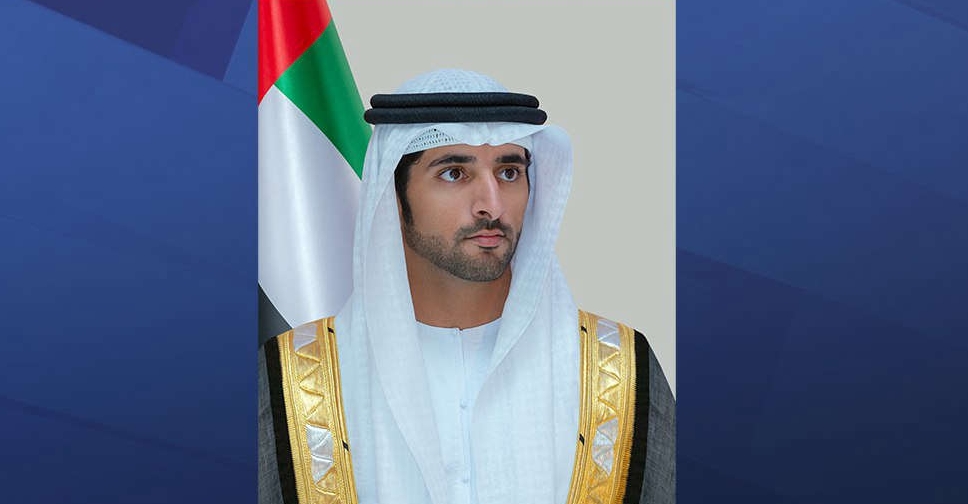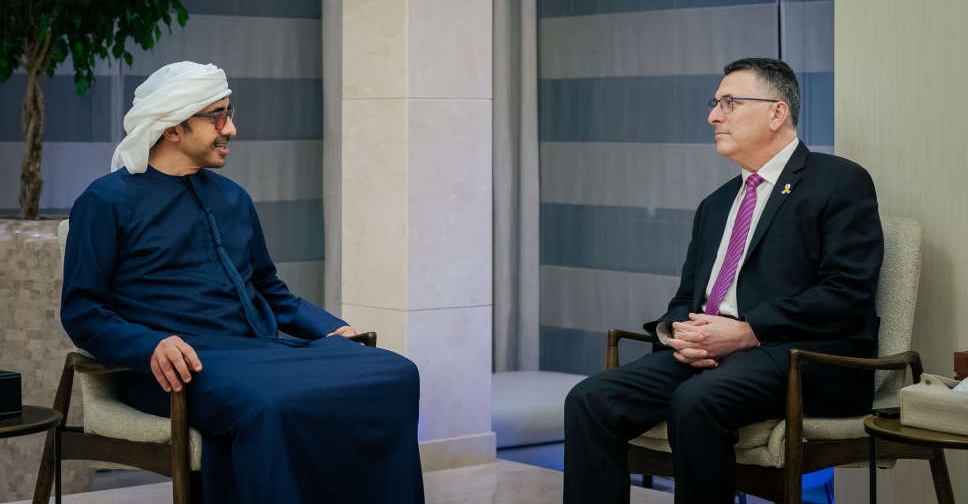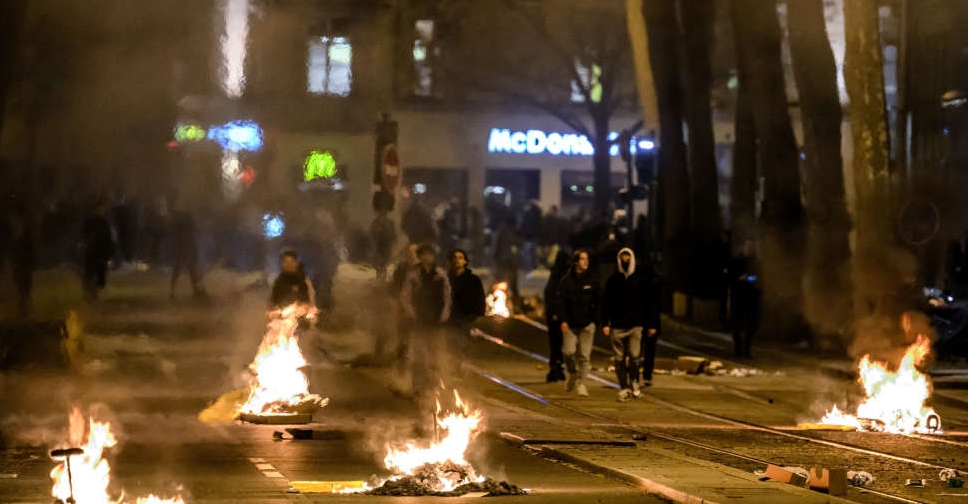
French President Emmanuel Macron will break his silence on Wednesday to outline plans after his administration survived a no-confidence motion in parliament over a deeply unpopular pension reform,the government spokesman said.
More than 200 people were arrested across the country on Monday evening, police said, after spontaneous protests broke out hours after Macron's government narrowly survived the parliamentary vote.
The failure of the vote will be a relief to Macron. Had it succeeded, it would have sunk his government and killed the legislation, which is set to raise the retirement age by two years to 64.
"The prime minister (Elisabeth Borne) placed herself in the hands of parliament and in that sense she has been comforted by parliament," government spokesman Oliver Veran told RTL radio.
"The prime minister is the only one in power today who can carry out a governmental project."
Polls show the majority of French are opposed to the reform and its decision to push through the bill. The anger was felt as protesters took to the streets in cities across the country, opposition lawmakers vowed to force a U-turn and unions prepared for nationwide action on Thursday.
Ongoing strikes at petrol depots in southeastern France have led to shortages and rationing forcing the government on Tuesday to order the requisitioning of staff to ensure supplies. Strikes also continue to impact the transport sector.
In some of central Paris' most prestigious avenues, firefighters scrambled on Monday evening to put out burning rubbish piles left uncollected for days due to strikes as protesters played cat-and-mouse with police for a fifth night.
What may concern the executive is the large number of young people in the demonstrations.
Television images showed police briefly firing tear gas and charging at protesters in several towns. Some special motorbike officers were seen striking out at protesters.
That prompted the UN Special Rapporteur for Freedom of Association, Clément Voule, to say in a Twitter post that police should avoid using excessive force.
EYES ON MACRON
The vote on the tri-partisan, no-confidence motion was closer than expected. Some 278 members of parliament backed it, just nine short of the 287 needed for it to succeed.
All eyes now turn to the president who will be interviewed on the daily news programmes of TF1 and France 2 TV stations on Wednesday to "outline what happens now," Veran said.
Macron will hold talks later on Tuesday with Borne, the heads of both houses of parliament and lawmakers in his political camp as he seeks to plot an exit to the political crisis.
"We are coming to the end of the democratic process of this essential reform for our country," Borne said. "It is with humility and seriousness that I took my responsibility and that of my government."
Opponents say this shows Macron's decision to bypass a parliamentary vote on the pension bill - which triggered the no- confidence motions - has already undermined his reformist agenda and weakened his leadership.
The key question in coming days will be whether Macron sticks with his existing government as he looks to freshen things up, even if the potential paralysis in parliament will make governing more complicated.
"The government is finished," said Fabien Roussel, secretary general of the Communist party. "In the face of the chaos provoked by the government's attitude, the answer has to be social democracy."




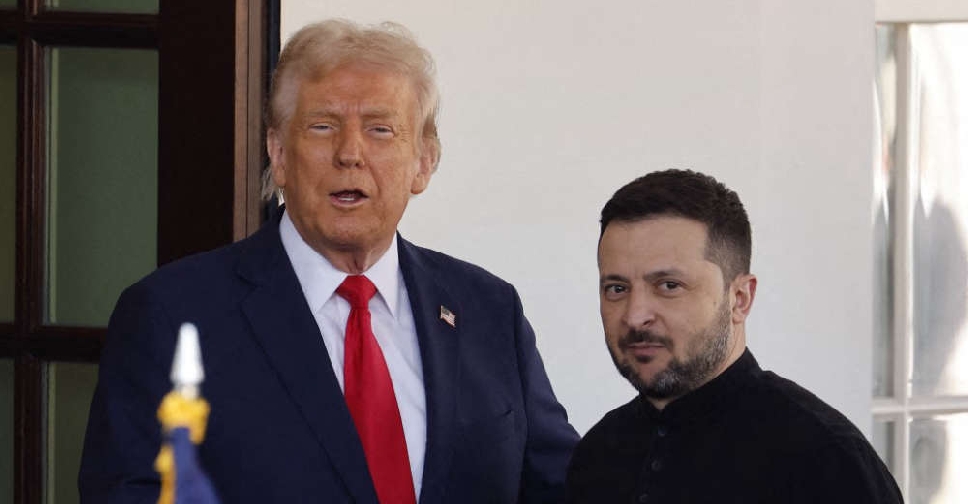 Ukraine aims to 'align' with US on minerals deal in upcoming talks
Ukraine aims to 'align' with US on minerals deal in upcoming talks
 Second child dies in Texas measles outbreak
Second child dies in Texas measles outbreak
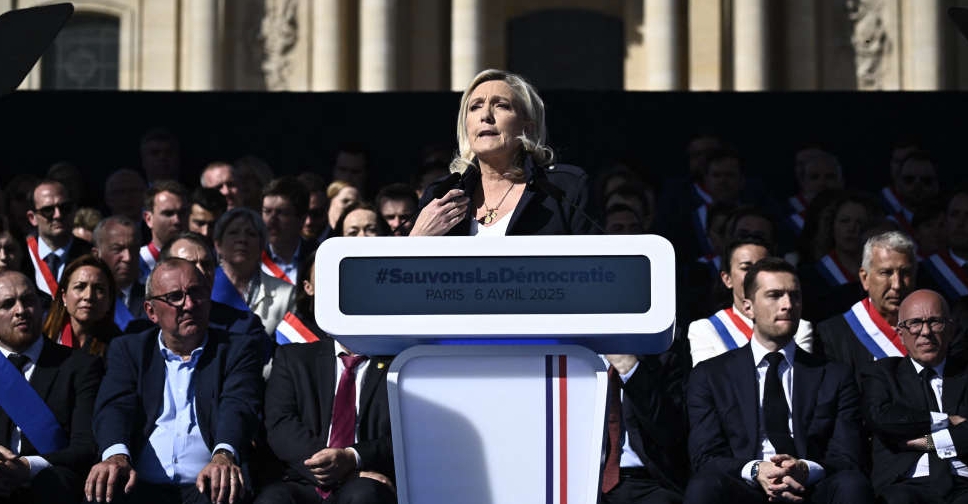 Le Pen evokes spirit of Martin Luther King Jr. as supporters rally in Paris
Le Pen evokes spirit of Martin Luther King Jr. as supporters rally in Paris
 Israeli military changes initial account of Gaza aid worker killings
Israeli military changes initial account of Gaza aid worker killings
